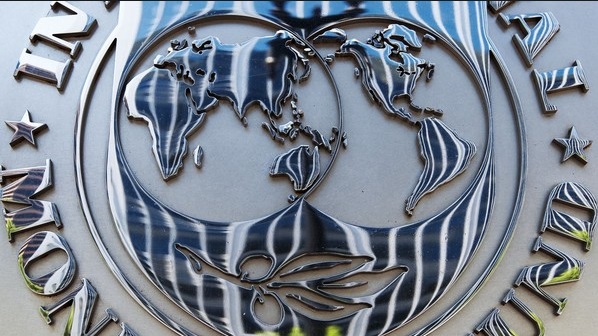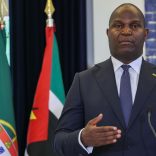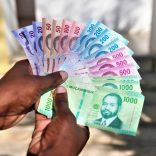Mozambique President seeks stronger economic, trade ties with Rwanda
IMF representative says that dialogue with Mozambique is just beginning

File photo
IMF representative Ari Aisen yesterday welcomed measures taken by the Mozambican Government and Central Bank to restore international confidence but warned that the process is only just beginning.
Speaking to journalists on the sidelines of the presentation in Maputo of an IMF report on economic prospects for Southern Africa, he said he considered it premature to establish a relationship between the debt restructuring announced by the Government at the end of October and the resumption of the support suspended as a result of the hidden loans.
“The positive steps that have already been taken bring us closer and we can return to talks about a program with Mozambique, but they are only starting: it is the beginning, not the end,” he said.
On October 25, the Mozambican government for the first time admitted its inability to pay the next instalments of the debts of state-owned companies with loans previously hidden from public accounts, proposing a restructuring of payments and new financial assistance from the IMF.
According to IMF rules, financial aid can not be given to a country with “debt distress”, which the IMF judges according to five indicators, all of Mozambique fails to satisfy.
“The government has approached its creditors and said that it has a fiscal problem. What we are going to see is a negotiation to find this fiscal space, which is not currently available,” Aisen said. When asked how long this would take, he replied: “It will not be an easy process.”
Aisen stressed the importance of the fiscal and monetary measures applied by the Government and the Bank of Mozambique and also the acceptance of an international, independent audit of the companies benefiting from the undisclosed loans, both “to establish what happened” and as “an important element in restoring the confidence that has been lost in recent months”.
The Mozambican government “is taking the right steps in the right direction”, he said in his presentation, but warned that they may not be enough if economic growth is lower than expected.
If gross domestic product does not grow, “this will imply a greater adjustment in some areas” Aisen said, pointing to “a lasting and stable solution” to the “weak fundamentals of the [Mozambican] economy”.
“The solution goes through structural reforms, because what brought us here were deep-seated structural problems,” he said, noting that this time of crisis is an opportunity to “correct the excesses” and improve the planning of public investment, the business environment and the linkage between large investment projects and the rest of the economy.
The IMF representative also referred to “subsidies, mainly non-targeted ones, that should be reformulated”, alluding to the Government’s general price support for essential commodities as a way of damping down the effects of high inflation.
“Speaking is easy, doing is difficult, but that does not mean that reform does not have to be undertaken,” he said, signalling another area of discussion between the IMF and the Government.
Despite the difficulties facing Mozambique, the IMF considers that the medium-term outlook “is unchanged” and the country still has “a huge potential” to grow and benefit the population with future revenues from natural and other resources.
“This adjustment period is transitory. It will be difficult. It will require a certain amount of courage, but Mozambique will overcome,” the Fund representative said, reiterating that the solution depends on “three fundamental pillars”: the audit, a sustainable trajectory for public debt and sound macroeconomic measures.
“It would be great to have a magic wand and get on that trajectory without adjustment, but I think it would be dishonest as an economist to suggest that that is possible,” he said.












Leave a Reply
Be the First to Comment!
You must be logged in to post a comment.
You must be logged in to post a comment.